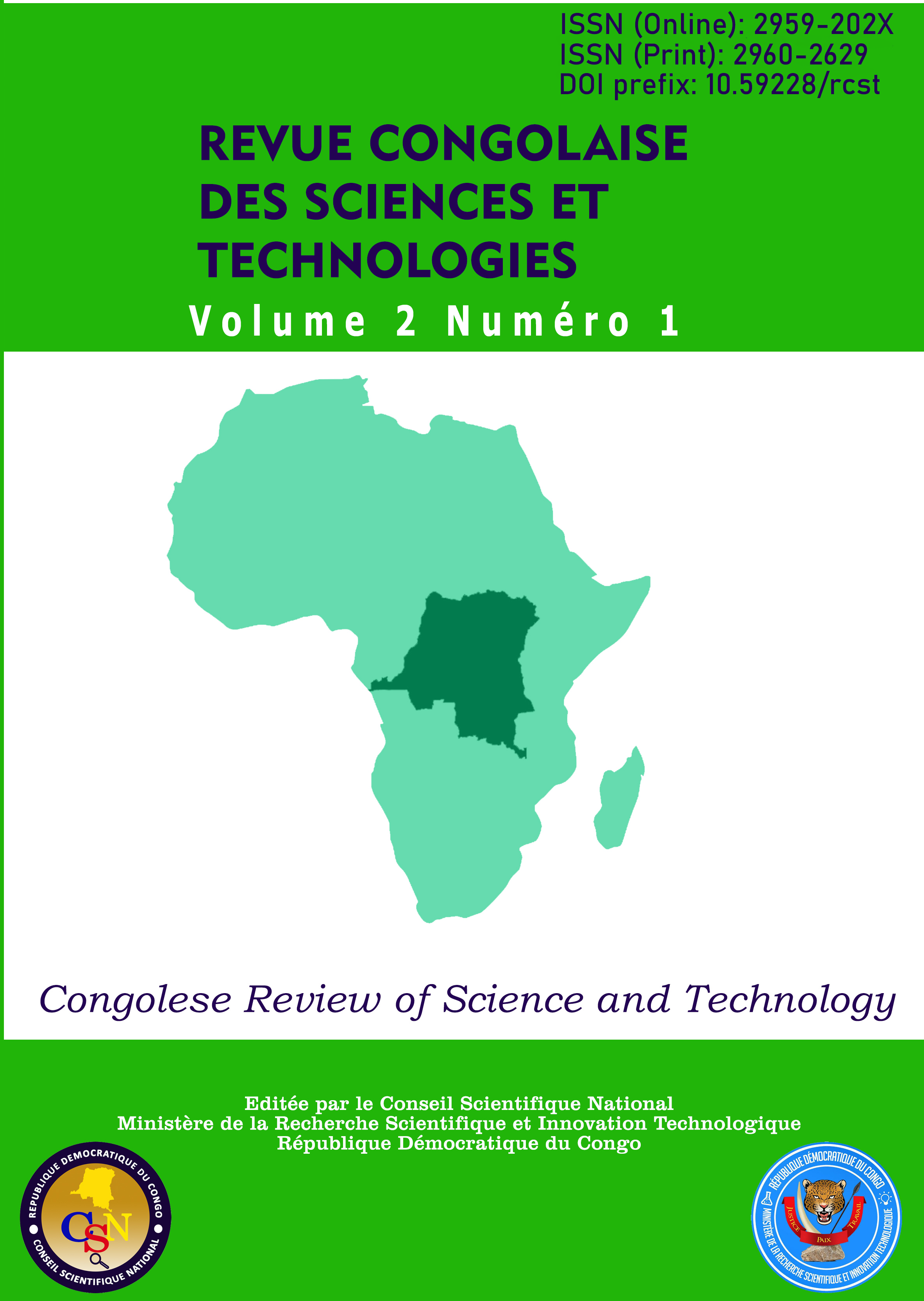The contribution of non-formal education of vulnerable women as a drive for development in Democratic Republic of Congo
Main Article Content
Abstract
This study is part of non-formal education for vulnerable women. It starts from the observation that the DRC is facing many
challenges, which are all new opportunities to be seized. Democratization, globalization, decentralization, war in the east of
the country, HIV/AIDS, Ebola, COVID-19 and other factors are transforming learning needs and priorities. To this end, the
purpose of this article is to support the argument that the participation of women in non-formal education (outside the school
environment) will make it possible to build social justice and support for those who are excluded from it through alternative
avenues of education to increase the middle class that will reverse the trend. As such, non-formal education does not just fill a
void. It also allows the Congolese State to consider its educational needs as a whole in order to achieve the goal of education
for all. Moreover, non-formal education is better able to respond to the needs expressed by disadvantaged groups and offers
the advantage of being more rooted in the workplace and the field. It can therefore be seen as a driver of development in the
DRC, forging more effective links between education and the realities of daily life.
Article Details
Section

This work is licensed under a Creative Commons Attribution-NonCommercial-ShareAlike 4.0 International License.

